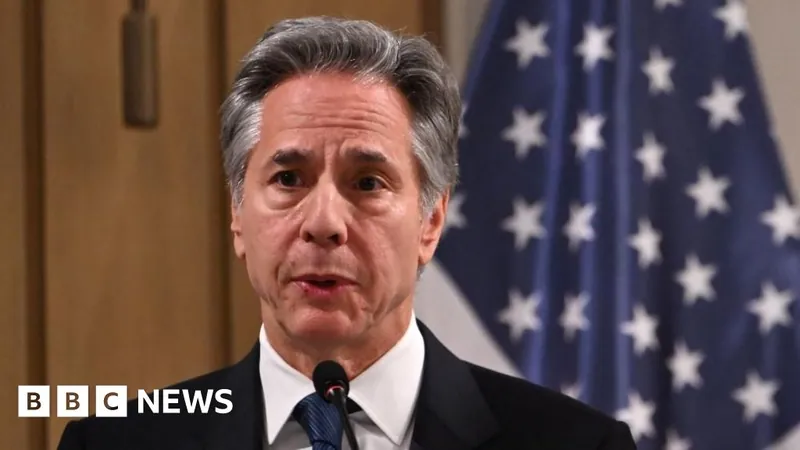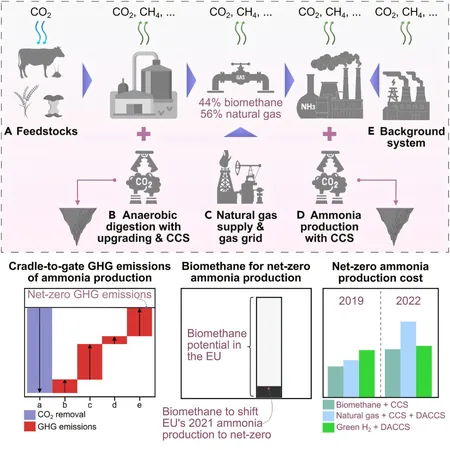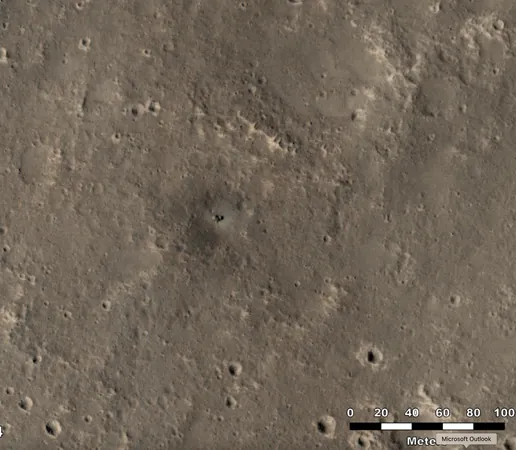
US Establishes Direct Contact with HTS Rebels Following Assad's Ouster in Syria
2024-12-15
Author: Amelia
Historic US Engagement with HTS
In a historic turn of events, the United States has confirmed it is now in "direct contact" with the Hayat Tahrir al-Sham (HTS) rebels, following their recent victory over the Assad regime in Syria. Secretary of State Antony Blinken made this announcement during talks held in Jordan with officials from Arab nations, Turkey, and Europe, underscoring the shifting dynamics in the region.
First Direct Engagement with HTS
This marks the first instance of direct US engagement with HTS, which remains designated as a terrorist organization by the United States. The discussions in Jordan focused on facilitating a peaceful transition in Syria as regional powers expressed concerns over potential chaos. Jordan's foreign minister emphasized that ensuring stability in Syria is crucial for the entire region's security.
Regional Leaders Call for Inclusive Government
The participating countries issued a joint statement advocating for the establishment of an inclusive Syrian government, which would guarantee the rights of minorities and prevent the resurgence of terrorist groups. This reflects a growing consensus that the future governance structure must be representative of all Syrian citizens, especially in the wake of tensions following the months of upheaval.
Concerns about Future Stability
Iraqi Foreign Minister Fuad Hussein voiced widespread apprehensions about the overall future of Syria, drawing parallels to the post-Gaddafi turmoil in Libya. Meanwhile, Turkey’s Foreign Minister Hakan Fidan called for the preservation and reform of existing Syrian institutions, stressing the need to thwart terrorism from exploiting the transition period.
Israel’s Increased Military Operations
As these diplomatic efforts unfold, Israel has ramped up military operations in Syria, reportedly conducting multiple air strikes. These actions come despite regional disapproval, as Israel seeks to neutralize perceived threats to its national security.
HTS Leadership and Intentions
The HTS, now positioned as the primary rebel group, has underscored its intention to forge an inclusive government. However, skepticism remains due to its violent jihadist origins, which raises questions about the sincerity of its recent overtures for peace. Notably, Secretary Blinken confirmed that discussions with HTS have included the case of Austin Tice, a missing American journalist—a matter of significant concern for Washington.
Absence of Key Stakeholders
Absentee from the talks were representatives from the Syrian government, alongside key regional players Iran and Russia, both of whom played roles in supporting Assad's prolonged rule. The absence of these significant stakeholders speaks volumes about the complex web of influences that have plagued Syria for over a decade.
End of Assad’s Regime
The collapse of Bashar al-Assad's 24-year regime, culminating in his evacuation to Russia following the rebels' takeover of the capital on December 8, signals a potential new chapter for Syria. The country has experienced immense suffering during a civil war that claimed over 500,000 lives and displaced millions since conflict erupted in 2011.
HTS Attempts to Redefine Itself
HTS leader Ahmed al-Sharaa, previously known as Abu Mohammed al-Jolani, has announced the appointment of Mohammed al-Bashir as the interim prime minister, instigating curiosity worldwide as to how Syria's political landscape will evolve post-Assad.
Future Prospects and International Observations
Despite its controversial roots as an al-Qaeda affiliate founded in 2011, HTS is attempting to distance itself from its violent past. Al-Sharaa's commitment to rejecting violence and promoting inclusivity among various Syrian groups will be put to the test as international observers watch closely how this tumultuous transformation unfolds.
Conclusion
As the dust settles in Syria, the coming weeks and months will be pivotal in determining whether the promises of a new governance structure can pave the way for lasting peace and stability—or whether the region will plunge back into chaos. Stay tuned as we continue to cover the rapidly developing situation in Syria!









 Brasil (PT)
Brasil (PT)
 Canada (EN)
Canada (EN)
 Chile (ES)
Chile (ES)
 España (ES)
España (ES)
 France (FR)
France (FR)
 Hong Kong (EN)
Hong Kong (EN)
 Italia (IT)
Italia (IT)
 日本 (JA)
日本 (JA)
 Magyarország (HU)
Magyarország (HU)
 Norge (NO)
Norge (NO)
 Polska (PL)
Polska (PL)
 Schweiz (DE)
Schweiz (DE)
 Singapore (EN)
Singapore (EN)
 Sverige (SV)
Sverige (SV)
 Suomi (FI)
Suomi (FI)
 Türkiye (TR)
Türkiye (TR)